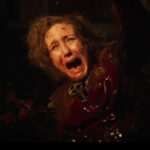When it comes to cinema, Poland has produced some truly incredible films over the years. From thought-provoking dramas to hilarious comedies, Polish filmmakers have a knack for crafting compelling stories that resonate with audiences around the world.
If you’re looking to dive into the rich world of Polish cinema, you’ve come to the right place! We’ve compiled a list of the 20 best Polish movies that you absolutely must see. These films represent the cream of the crop – the most critically acclaimed, culturally significant, and downright entertaining movies to come out of Poland.
So grab some popcorn, get cozy on the couch, and let’s countdown the 20 best Polish films of all time!
20. The Saragossa Manuscript (1965)

Kicking off our list is the surreal and mind-bending The Saragossa Manuscript. This 1965 film, directed by Wojciech Has, is based on a novel by Jan Potocki. The plot is a complex series of stories-within-stories, following a Belgian officer’s adventures in Spain during the Napoleonic Wars.
The Saragossa Manuscript is known for its non-linear narrative, blurring the lines between reality and illusion. With stunning black-and-white cinematography and an atmospheric score, it’s a true work of art. Film buffs consider it a masterpiece of Polish cinema.
19. Knife in the Water (1962)
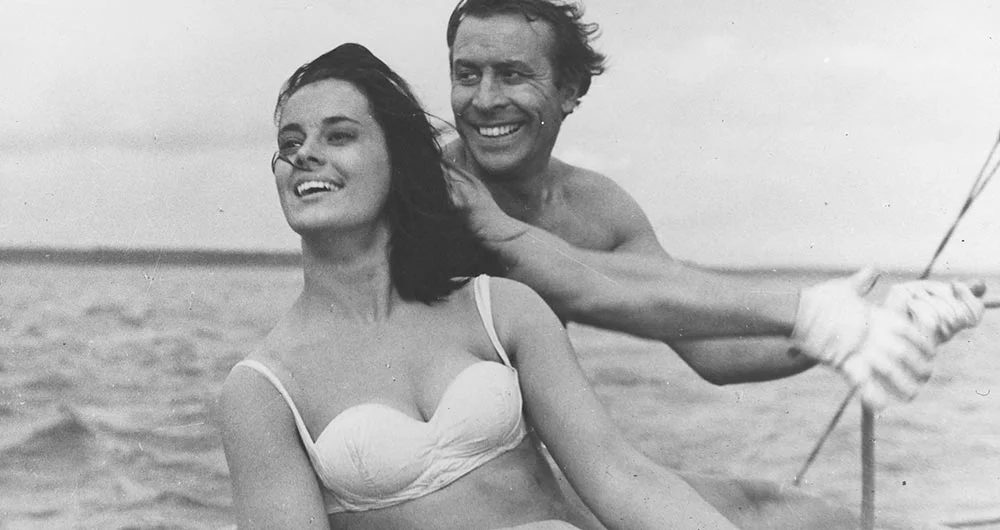
The tense psychological thriller Knife in the Water was the feature debut of legendary director Roman Polanski. Released in 1962, it tells the story of a wealthy couple who invite a young hitchhiker to join them on a sailing trip, leading to a battle of wits and wills.
Despite the simple premise, Polanski crafts an engaging character study with simmering tension throughout. The three lead performances are exceptional, and the Oscar-nominated screenplay keeps you guessing until the end. Knife in the Water put Polanski on the map and remains an influential classic of Polish cinema.
18. The Hourglass Sanatorium (1973)

Another surreal masterpiece from director Wojciech Has, The Hourglass Sanatorium is a visually stunning and poetic film. Based on stories by Jewish writer Bruno Schulz, it takes place in a mysterious sanatorium where time does not behave normally.
The film is light on plot but heavy on symbolism and atmosphere. Has brings Schulz’s dreamlike prose to vivid life with inventive sets and camera work. It’s the kind of challenging art film that rewards repeat viewings and analysis. For adventurous cinephiles, The Hourglass Sanatorium is essential viewing.
17. The Promised Land (1975)

Andrzej Wajda’s The Promised Land is a sprawling, epic tale about the rise of capitalism in 19th century Łódź. It follows three ambitious young men – a Pole, a German, and a Jew – who build a textile factory in the rapidly industrializing city.
At nearly three hours long, The Promised Land is a detailed portrait of how modernity transformed society. Wajda depicts the gritty factories and lavish lifestyles of the nouveau riche with visual flair. The lead performances are magnetic, making the characters feel larger than life. An important work in Polish cinema, The Promised Land was nominated for an Oscar for Best Foreign Language Film.
16. Night Train (1959)

Jerzy Kawalerowicz’s Night Train is a taut thriller set aboard a overnight train from Warsaw to the Baltic Sea. The story revolves around two strangers, a man and a woman, who end up sharing a sleeper car – and a web of secrets and lies.
Shot in striking black-and-white, Night Train makes the most of its confined setting to generate suspense and intrigue. The lead actors have crackling chemistry as their characters engage in a battle of wits. Kawalerowicz employs inventive camera angles to keep the single location visually interesting throughout. A gem of 1950s Polish cinema, Night Train will keep you riveted until the final destination.
15. Day of the Wacko (2002)
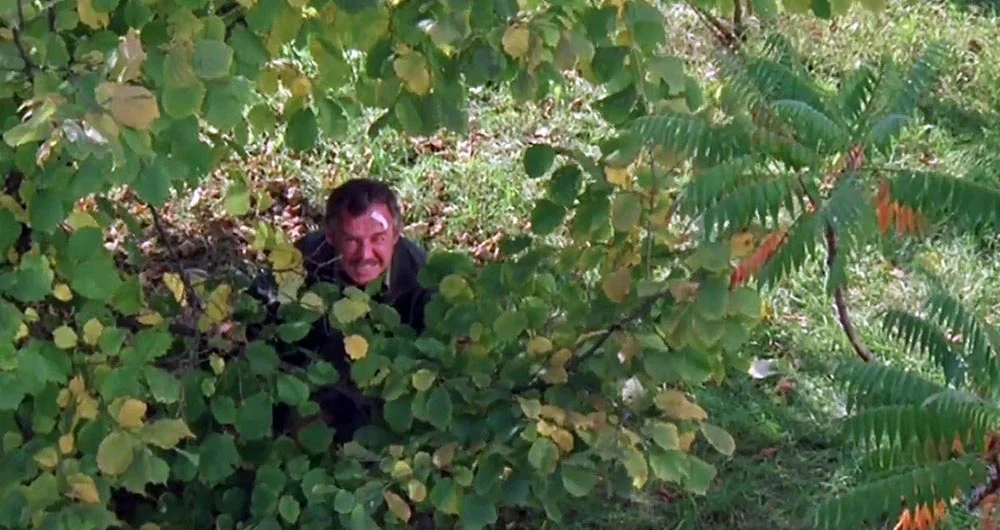
Marek Koterski’s Day of the Wacko is a bleak comedy that follows 24 hours in the life of a misanthropic middle-aged man. As he goes about his day, he rants against everything from noisy neighbors to the state of society.
While the plot is minimal, the film succeeds as a character study and social satire. Koterski’s script is packed with caustic wit and keen observations about the absurdities of modern life. Lead actor Marek Kondrat fully commits to the unlikeable protagonist, finding the humanity beneath the grouchiness. Day of the Wacko is a great pick for fans of dark humor.
14. Ashes and Diamonds (1958)
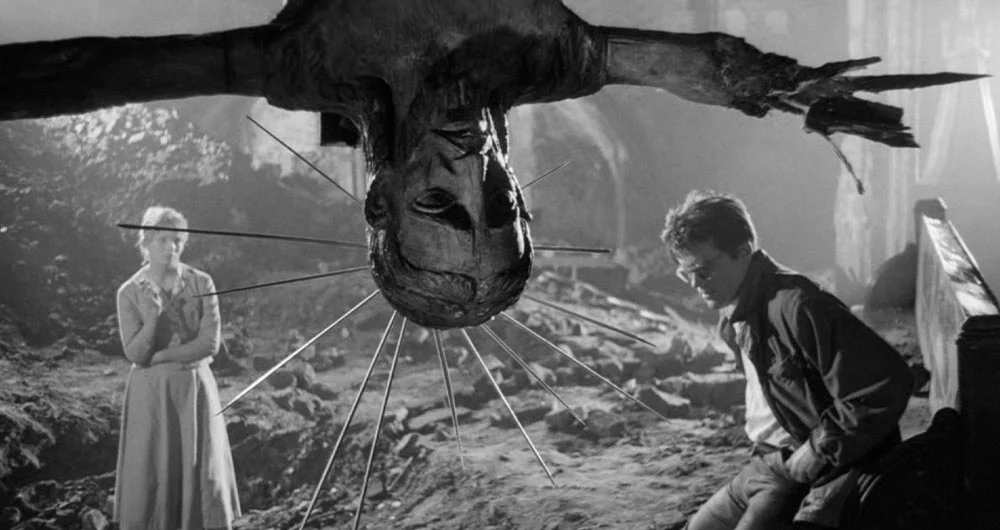
Another classic from Andrzej Wajda, Ashes and Diamonds takes place in a small Polish town on the last day of World War II. It follows a young Home Army soldier who is ordered to assassinate a Communist leader, an act that makes him question his loyalties.
Wajda masterfully captures the chaos and uncertainty of the period, with characters caught between the war-torn past and the tenuous future. Lead actor Zbigniew Cybulski became a star for his electrifying performance as the conflicted soldier. Stunningly shot and deeply poignant, Ashes and Diamonds is a must-see for anyone interested in Polish history or world cinema in general.
13. The Cruise (1970)

The Cruise, directed by Marek Piwowski, is a landmark of Polish comedy. Shot in a quasi-documentary style, it takes place on a riverboat cruise down the Vistula. The ensemble cast of quirky characters includes a warbling singer, a pair of priests, and a charismatic con man.
Piwowski uses the microcosm of the boat to slyly comment on larger issues in Polish society. The film’s naturalistic style allows for moments of spontaneous hilarity, as well as flashes of melancholy. The Cruise captures a specific time and place while still feeling universal in its humor and humanity.
12. Blind Chance (1987)

Krzysztof Kieślowski’s Blind Chance presents three possible life paths for its main character, a young man named Witek. In each scenario, a seemingly minor event – catching or missing a train – sends him on a completely different trajectory.
Through this high-concept premise, Kieślowski explores the role of chance in shaping our lives. The triple narrative structure keeps the viewer engaged, curious to see how Witek’s alternate selves develop. Kieślowski would revisit similar themes in later films, but Blind Chance remains a thought-provoking gem in his filmography.
11. The Last Day of Summer (1958)
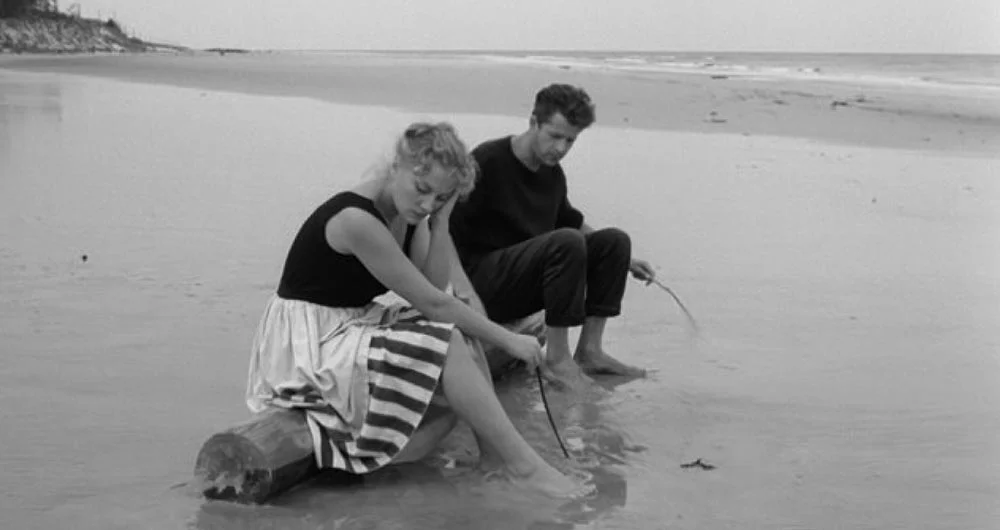
The Last Day of Summer is a poetic and melancholy film from director Tadeusz Konwicki. Set on a nearly deserted beach resort, it depicts a brief encounter between two lonely people – a man haunted by wartime trauma and a mysterious woman.
Not much happens in terms of plot, but Konwicki creates an atmosphere thick with unspoken emotions. The black-and-white cinematography is hauntingly beautiful, capturing the windswept dunes and crashing waves. The Last Day of Summer is a movie that casts a spell on the viewer, lingering in the mind long after it ends.
10. The Illumination (1973)
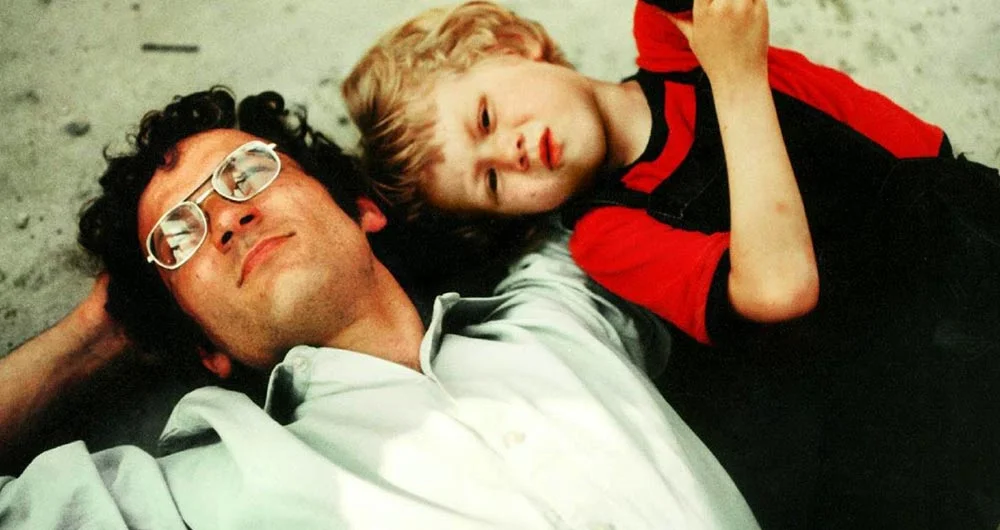
Krzysztof Zanussi’s The Illumination is a philosophical drama about a physics student grappling with life’s big questions. As he studies the nature of light, he also searches for meaning and connection in a sometimes cold world.
Zanussi takes a cerebral approach, filling the film with discussions of science, art, and religion. But there’s also a strong emotional undercurrent, as the protagonist longs for love and understanding. The Illumination is a smart and moving film that challenges the viewer to ponder deep ideas.
9. Camera Buff (1979)
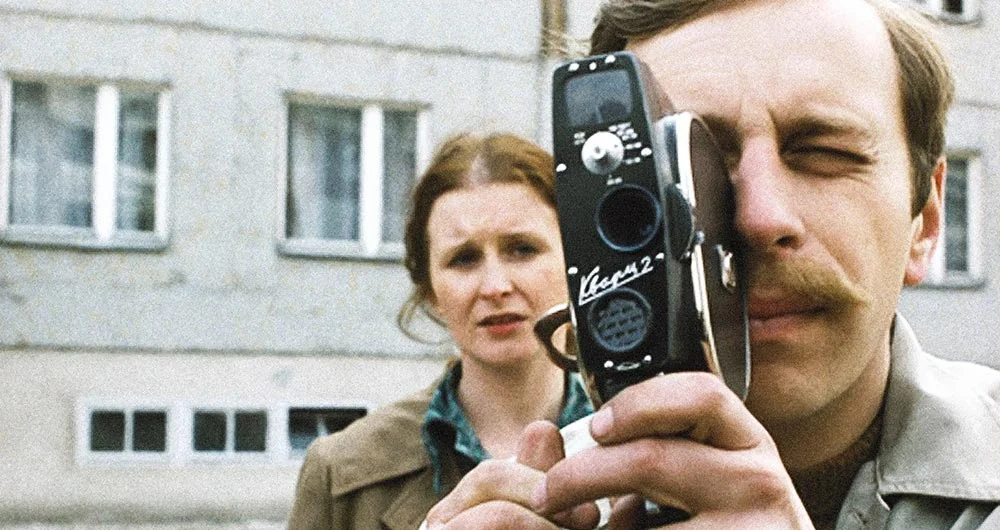
In Camera Buff, director Krzysztof Kieślowski tells the story of a humble factory worker who discovers a passion for filmmaking. As his hobby turns into an obsession, it puts a strain on his personal and professional life.
Kieślowski uses the character’s journey to explore the power of art to both liberate and consume. The movie’s wry humor and relatable themes make it one of Kieślowski’s most accessible works. At the same time, Camera Buff grapples with weighty ideas about the nature of truth and the ethics of observation.
8. Teddy Bear (1981)

Stanisław Bareja’s Teddy Bear is a beloved comedy that satirizes life in communist Poland. It follows the misadventures of a bumbling but lovable everyman as he navigates the absurdities of the system.
Bareja has a gift for finding humor in the mundane frustrations of daily life, from long lines to bureaucratic red tape. The film’s deadpan jokes and sly visual gags poke fun at authority while still maintaining a light touch. Teddy Bear captures the resilient spirit of ordinary Poles who found ways to laugh in difficult times.
7. Night and Day (1991)
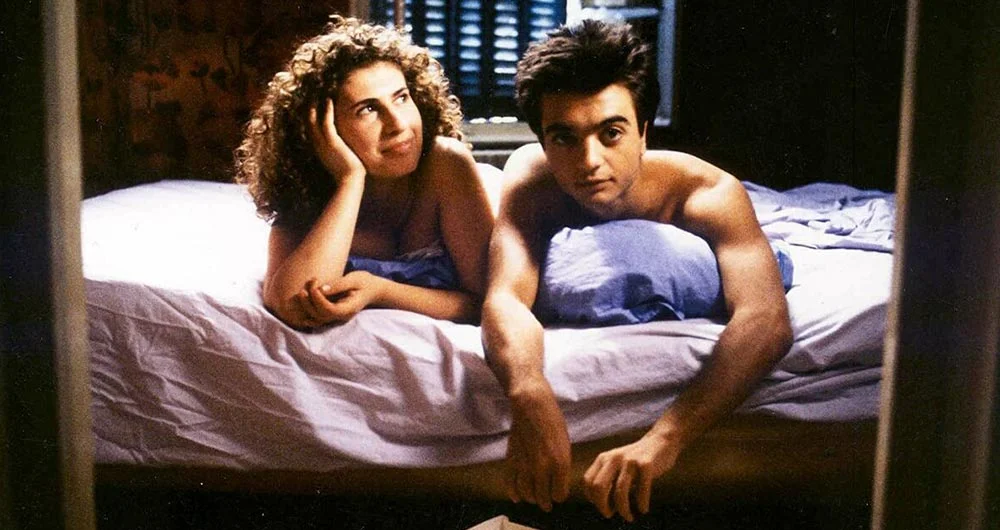
Night and Day, directed by Jacek Skalski, is a surreal and unsettling film set in a dystopian future. In a city where it’s always night, a man stumbles upon a secret society that worships the sun.
Skalski creates a vividly nightmarish world, with stark lighting and eerie sound design. The plot is elliptical and dreamlike, touching on themes of totalitarianism, religion, and individuality. Night and Day is a challenging film that rewards close attention, offering a singular vision of a society in decay.
6. The Debt (1999)
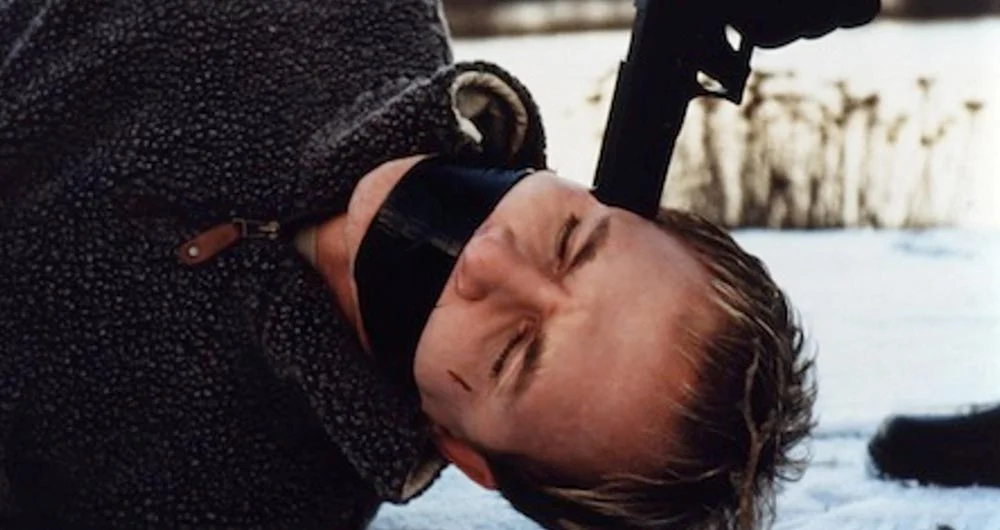
Krzysztof Krauze’s The Debt is based on the true story of two entrepreneurs who fall victim to a loan shark. As their debts mount, they resort to desperate measures to save themselves and their families.
Krauze keeps the tension high throughout, depicting the men’s descent into criminality with gritty realism. The lead actors bring a raw intensity to their roles, making their characters’ anguish palpable. The Debt is a gripping thriller that also serves as a commentary on the perils of unchecked capitalism in post-communist Poland.
5. Ida (2013)
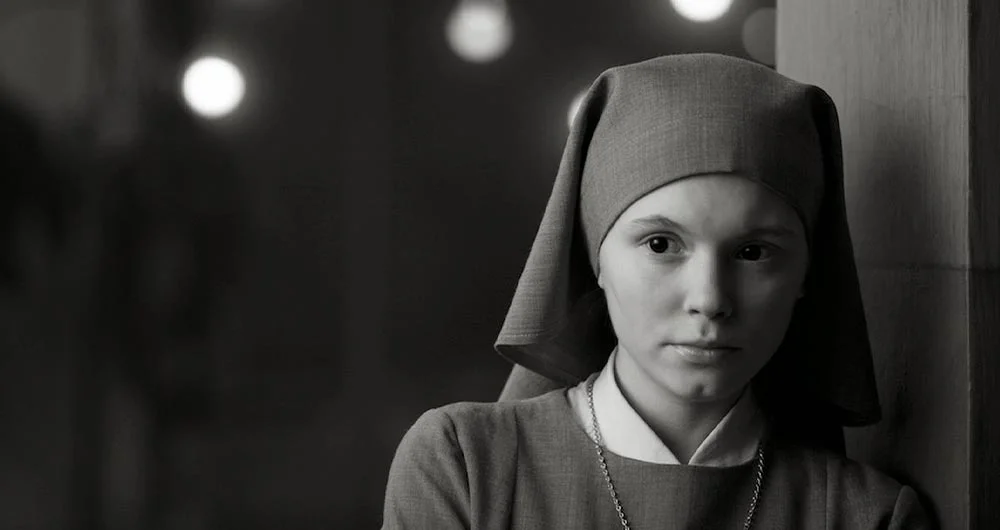
Paweł Pawlikowski’s Ida is a quiet but powerful drama about a young nun in 1960s Poland. On the verge of taking her vows, she learns a secret about her family’s past that forces her to confront the country’s troubled history.
Shot in luminous black-and-white, every frame of Ida is carefully composed. Pawlikowski lets his story unfold at a deliberate pace, allowing the audience to absorb the weight of the revelations. The two lead actresses give understated but deeply felt performances, conveying volumes with a glance or gesture. Ida is a haunting meditation on identity, faith, and the scars of war.
4. The Decalogue (1989)

The Decalogue is a series of ten one-hour films, each inspired by one of the Ten Commandments. Directed by Krzysztof Kieślowski, they’re all set in the same Warsaw housing complex, with characters and themes that subtly interconnect.
Each installment of The Decalogue works as a standalone drama, but together they form a rich tapestry of human experience. Kieślowski uses the Commandments as a starting point to explore moral dilemmas that feel both timeless and urgently modern. With its novelistic depth and breadth, The Decalogue is a towering achievement in television and film.
3. The Double Life of Veronique (1991)
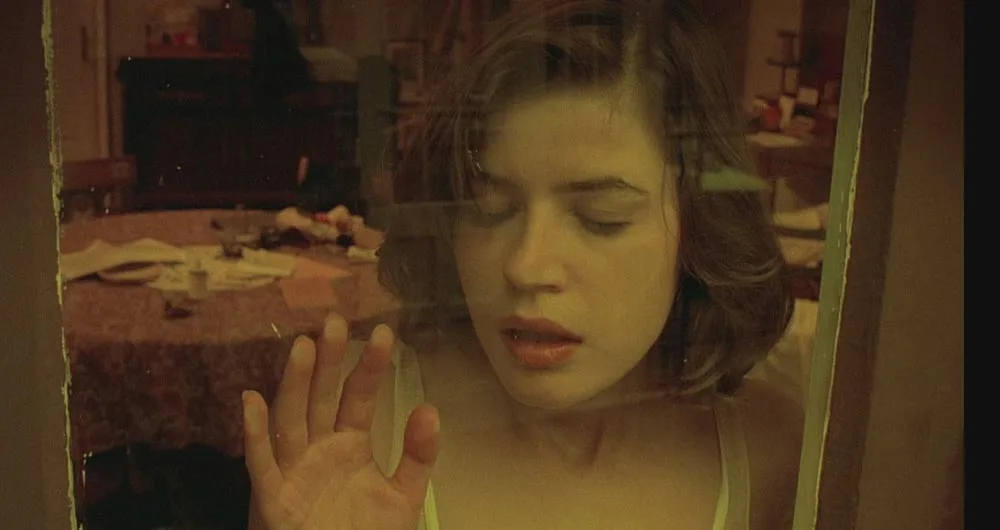
Krzysztof Kieślowski’s The Double Life of Veronique tells the story of two women, one in Poland and one in France, who are identical in appearance but lead separate lives. Though they never meet, they share a mysterious connection.
The film is a mesmerizing exploration of identity, chance, and intuition. Irène Jacob is luminous in the dual roles, imbuing each woman with distinct qualities while hinting at their cosmic bond. Kieślowski’s direction is both sensual and spiritual, finding beauty in the everyday while suggesting forces beyond our understanding. The Double Life of Veronique is a one-of-a-kind film that casts a hypnotic spell.
2. Three Colors Trilogy (1993-1994)

Krzysztof Kieślowski’s Three Colors trilogy – Blue, White, and Red – is a stunning achievement in European cinema. Each film is named after a color of the French flag, representing one of its ideals: liberty, equality, and fraternity.
Though the films have separate plots and characters, they’re united by Kieślowski’s overarching themes of fate, loss, and human connection. The trilogy showcases Kieślowski at the height of his powers, with impeccable craftsmanship and soulful performances from his cast. Together, Blue, White, and Red form an unforgettable cinematic experience that lingers long in the memory.
1. The Pianist (2002)

And finally, our pick for the best Polish film of all time is Roman Polanski’s The Pianist. Based on the true story of Władysław Szpilman, it follows a Jewish pianist struggling to survive in the Warsaw Ghetto during World War II.
Polanski directs with a clear-eyed intensity, depicting the horrors of the Holocaust with unflinching honesty. Adrien Brody gives a haunting performance as Szpilman, capturing both the physical toll and the unbreakable spirit of a man clinging to his humanity in inhuman circumstances. With its masterful craft and emotional power, The Pianist is a testament to the resilience of the human soul in the darkest of times.
So there you have it – our picks for the 20 best Polish movies of all time! Of course, this is just the tip of the iceberg when it comes to Polish cinema. There are so many other incredible films worth seeking out, from the early silent classics to the vibrant works of contemporary filmmakers.
Whether you’re a seasoned cinephile or a curious newcomer, we hope this list has inspired you to dive into the rich world of Polish movies. Trust us – you won’t be disappointed! These films are funny, heartbreaking, provocative, and above all, unforgettable. They’ll make you laugh, cry, think, and see the world in new ways.
So what are you waiting for? Start watching these 20 best Polish films and discover the amazing art that Poland has shared with the world. And once you’ve finished these, keep exploring – there’s always more to discover in the endlessly fascinating realm of Polish cinema!




